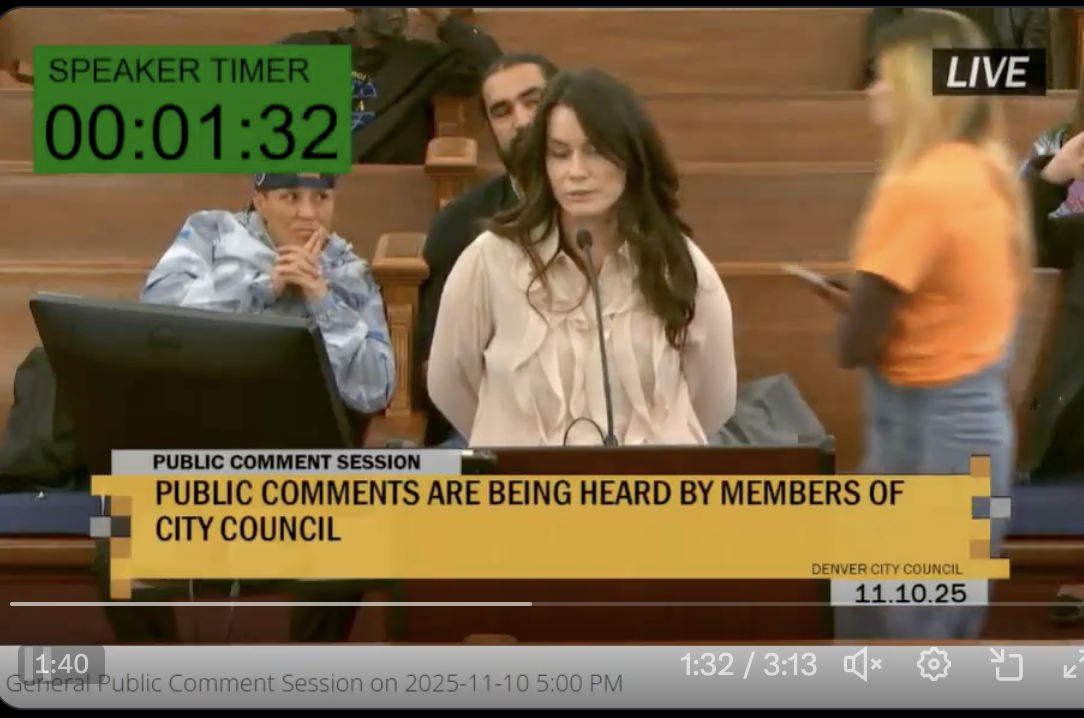Christina Eisenstein, a Denver landlord, appeared before the Denver City Council on November 10, 2025, to oppose Bill 25-1580, which would extend a $2.77 million contract with the Community Economic Defense Project (CEDP). CEDP, operating under Housing First principles, provides legal aid and housing to low-income tenants without requiring sobriety or treatment. Eisenstein's testimony highlighted severe issues at her Congress Park property, where five unscreened tenants placed by CEDP led to drug contamination, violence, and unresponsive caseworkers. She argued that the program lacks accountability and endangers neighboring residents, urging the council to vote against the bill. The testimony reflects broader tensions in Denver's homelessness policies, with the bill postponed for further review amid public outcry.

Eisenstein's experience underscores a critical concern: the unintended consequences of well-intentioned policies. While the goal of preventing evictions and providing housing is noble, the execution appears to prioritize immediate placement over safety and accountability. The lack of tenant screening and support for addiction issues not only jeopardizes property owners but also neighboring families, as evidenced by the need for off-duty police and extensive security measures. This raises questions about the sustainability of such programs, especially when they rely on taxpayer funds without addressing root causes. The challenge is to balance compassion with practical solutions that ensure community safety and protect property rights, suggesting a need for more rigorous oversight and alternative approaches that consider both housing stability and public welfare.